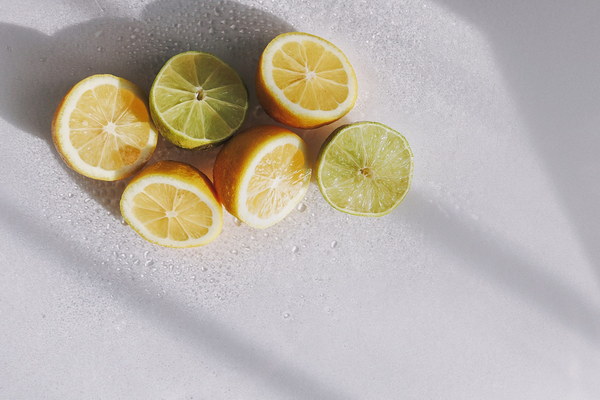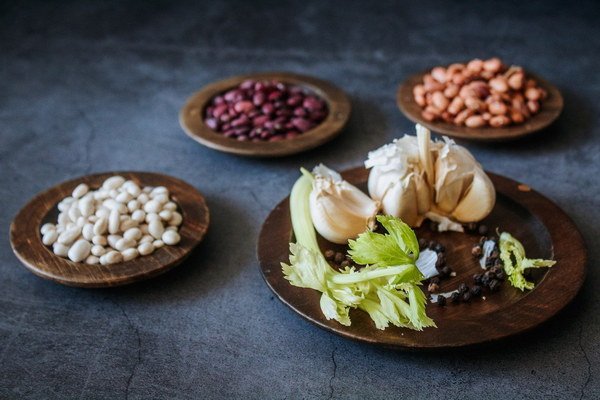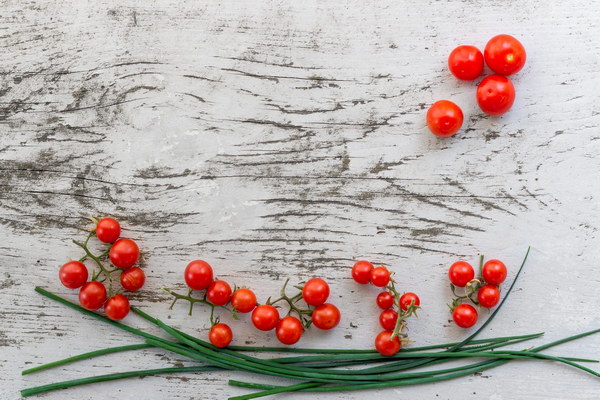Does Jinshuibao Nourish Lung Yin An InDepth Look into Traditional Chinese Medicines Lung Health Remedy
In the realm of Traditional Chinese Medicine (TCM), the concept of balancing the body's Yin and Yang is fundamental to maintaining overall health. One of the key components of TCM is the belief in the importance of nourishing Yin in the lungs to prevent illness and promote vitality. This brings us to the question: Does Jinshuibao, a popular TCM remedy, serve as a lung Yin nourisher? Let's delve into this topic to understand the role of Jinshuibao in TCM lung health.
Understanding Lung Yin in TCM
In TCM, the lungs are vital organs responsible for the exchange of oxygen and carbon dioxide. They are also closely linked to the immune system and play a crucial role in the production of Qi (vital energy). The concept of Lung Yin refers to the moistening and nourishing quality of the lungs, which is essential for maintaining respiratory health.

When Lung Yin is depleted, it can lead to various respiratory issues such as dry cough, sore throat, and difficulty breathing. TCM views Lung Yin deficiency as a common cause of chronic respiratory diseases, including asthma, bronchitis, and chronic obstructive pulmonary disease (COPD).
Introducing Jinshuibao
Jinshuibao, also known as Jade Reservoir, is a traditional Chinese medicine formula that has been used for centuries to nourish Lung Yin and support respiratory health. It is composed of several natural ingredients, including:
1. Radix Adenophorae (Mai Men Dong)
2. Fructus Schisandrae (Wu Wei Zi)
3. Radix Ophiopogonis (Mi Xue Ren)
4. Radix Rehmanniae (Shu Di Huang)
5. Fructus Lycii (Gou Qi Zi)
How Jinshuibao Nourishes Lung Yin
The ingredients in Jinshuibao work together to nourish Lung Yin in several ways:
1. Mai Men Dong (Radix Adenophorae): This herb is known for its ability to nourish Lung Yin and moisten the throat. It is often used to treat dry coughs, sore throat, and respiratory dryness.
2. Wu Wei Zi (Fructus Schisandrae): This berry is believed to tonify the Lung and Kidney Yin, improve immunity, and promote overall vitality.
3. Mi Xue Ren (Radix Ophiopogonis): This herb is used to nourish Lung Yin, cool the blood, and alleviate coughs and sore throat.
4. Shu Di Huang (Radix Rehmanniae): This root is known for its ability to nourish Yin and blood, which can help alleviate symptoms of Lung Yin deficiency, such as dry cough and night sweats.
5. Gou Qi Zi (Fructus Lycii): This berry is used to tonify the Liver and Kidney Yin, enhance immunity, and improve overall health.
Benefits of Jinshuibao
By nourishing Lung Yin, Jinshuibao can offer several benefits for individuals suffering from respiratory conditions, including:
1. Alleviating respiratory symptoms: Jinshuibao can help reduce symptoms such as dry cough, sore throat, and difficulty breathing.
2. Improving lung function: The formula may enhance lung function and improve the body's ability to fight respiratory infections.
3. Boosting immunity: The ingredients in Jinshuibao may boost the immune system, helping to prevent future respiratory infections.
4. Promoting overall health: By nourishing Lung Yin, the formula can contribute to overall well-being and vitality.
Conclusion
In conclusion, Jinshuibao is a traditional Chinese medicine formula that has been used for centuries to nourish Lung Yin and support respiratory health. Its natural ingredients work together to alleviate respiratory symptoms, improve lung function, boost immunity, and promote overall well-being. While Jinshuibao may be a valuable addition to the treatment of respiratory conditions, it is always best to consult with a healthcare professional before starting any new treatment regimen.









